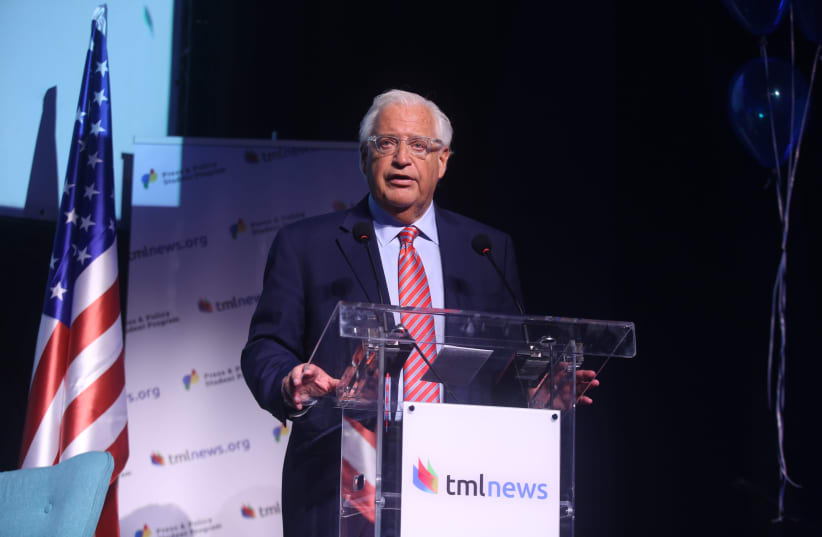Friedman: If reporters can’t get Gaza story right, keep mouths shut
“With all the criticism Israel has gotten, nobody has identified the less lethal means by which Israel could have defended itself over the last 4 weeks", US Ambassador to Israel David Friedman said.
